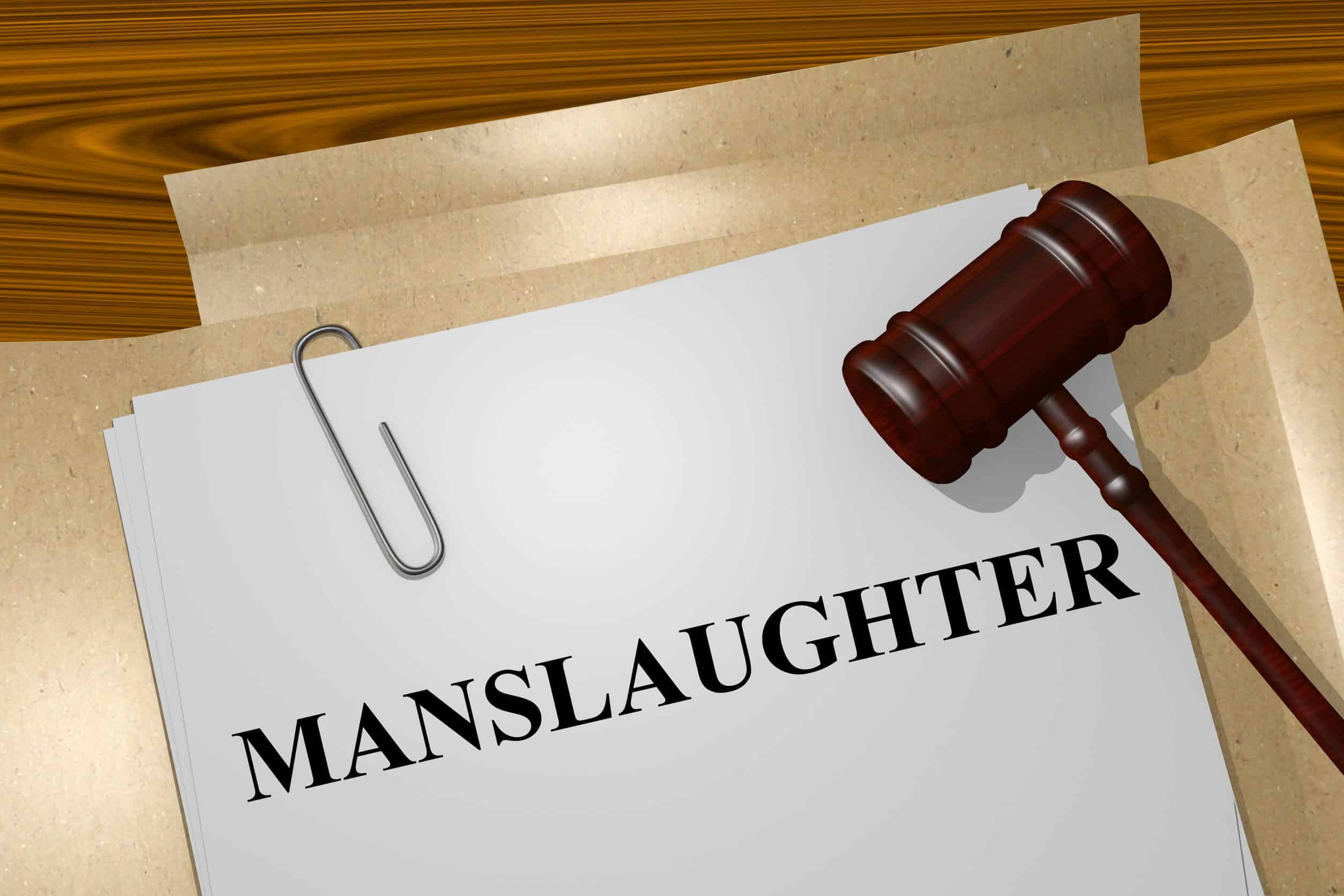- Home
- THE FIRM+
- Criminal Defense+
- CASE RESULTS
- AREAS WE SERVE+
- FAQ’s
- Blog
- Contact
AZHARI LLC BLOG

Posted By: Sami Azhari
Category:
The definition of homicide is the “the deliberate and unlawful killing of one person by another.” Under Illinois law, though, there are a number of crimes that fall under the homicide umbrella.
Let’s take a look at the different homicide crimes you can be accused of in our state.
First-Degree Murder
First-degree murder is the most serious of the homicide crimes. A person commits first-degree murder in Illinois if, without lawful justification, he:
- Intends to kill or do great bodily harm; or
- Knows that his actions created a strong probability of death or great bodily harm; or
- Attempts or commits a forcible felony other than second-degree murder.
First-degree murder used to be punishable by death, but Illinois abolished the death penalty in 2011, so the maximum punishment for first-degree murder now is life in prison. The actual sentence is dependent on certain aggravating and mitigating factors, including the circumstances of the crime and who the victim was.
Second-Degree Murder
A person commits second-degree murder if he commits first-degree murder and one of these two mitigating factors is present:
- At the time of the killing, the offender was seriously provoked and acted under a sudden or intense passion, resulting in an accidental or negligent death; or
- At the time of the killing, the offender believes the circumstances justify or exonerate the killing, but that belief is unreasonable.
Second-degree murder is a Class 1 felony offense punishable by at least four years in prison but not more than 20 years depending on the circumstances surrounding the crime.
Intentional Homicide of an Unborn Child
A person commits intentional homicide of an unborn child if, without lawful justification, he:
- Intended to cause death or great bodily harm to the pregnant woman or her unborn child; or
- Knew that his actions created a strong probability of death or great bodily harm to the pregnant woman or her unborn child; or
- Knew that the woman was pregnant.
When it comes to punishment, intentional homicide of an unborn child is treated the same way as first-degree murder, but certain circumstances can add time to the imposed sentence. For example, if the offender had a firearm on him, 15 years will be added to the sentence imposed by the court. If the offender discharged the firearm, 20 years will be added to the sentence.
Voluntary Manslaughter of an Unborn Child
Voluntary manslaughter of an unborn child is similar to second-degree murder. A person commits voluntary manslaughter of an unborn child if, without lawful justification at the time of the killing, the offender:
- Was seriously provoked and acted under a sudden or intense passion, resulting in an accidental or negligent death of the unborn child; or
- Believes the circumstances would justify or exonerate the killing, but that belief is unreasonable.
Voluntary manslaughter of a child is a Class 1 felony offense punishable by 4 to 15 years in prison.
Involuntary Manslaughter and Reckless Homicide
A person commits involuntary manslaughter if he unintentionally kills another person or recklessly performs acts that are likely to cause death or great bodily harm and do cause death.
A person commits reckless homicide if he unintentionally kills another person while driving a vehicle and using an incline in a roadway – such as a railroad crossing, bridge approach, or hill – to cause the vehicle to become airborne.
Involuntary manslaughter and reckless homicide are both Class 3 felonies punishable by 2-5 years in prison.
Defend Your Rights with Our Expert Homicide Defense Attorneys
As you can see, our state has a number of crimes that involve killing another person. If you are accused of a homicide crime, reach out to an experienced Illinois murder defense lawyer today to discuss your case and determine the best way to proceed.
At Azhari LLC, our experienced homicide defense attorneys are dedicated to protecting your rights and ensuring the best possible outcome for your case. Contact us today for a consultation and take the first step towards safeguarding your freedom and future.
About the Author
Sami Azhari has been working as a lawyer since 2007, after receiving his Juris Doctor from the Michigan State University College of Law. He has handled numerous state and federal cases, and is known throughout the Chicago and Rolling Meadows area for providing his clients with high-quality, skilled representation. He has been recognized by SuperLawyers, the National Trial Lawyers Association, and other notable organizations, and has spoken at a number of legal conferences.


























































